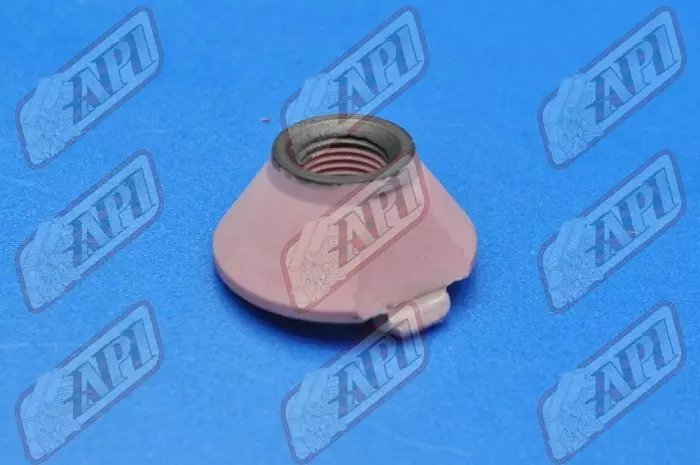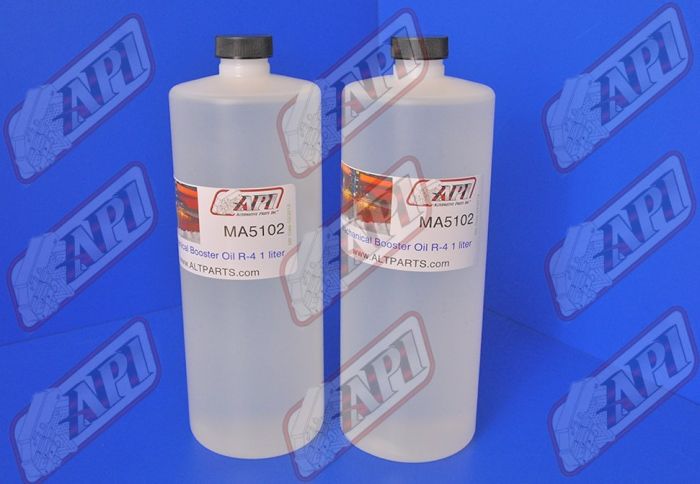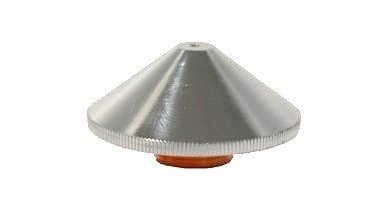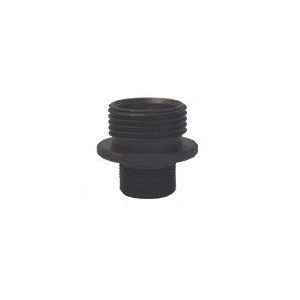One of the great things about laser engraving and cutting systems is the speed with which they can etch a pattern or cut even the most intricate designs. Even though lasers can help create something beautiful, the process is time-consuming. Hence, laser operators are always looking for ways to increase productivity.
As a laser operator, the first question you should ask is if you are running the laser efficiently or not. Does it have quality parts like Trumpf eco nozzle or prima optics?
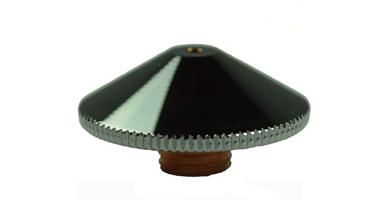
So, here are a few tips and tricks you can use to ensure that you operate the laser machine efficiently.
1. Engraving multiple items in one batch:
Printing multiple times in one go reduces production time. Let’s say we have a project which requires engraving similar design on more than one item like plaques or coasters and then printing multiple pieces at once would be advisable.
According to research, engraving in batches helps users save their time by 37%. And if they have quality parts like Trumpf eco nozzle and prima optics, it makes your job easier and speedier. The number of batches you can engrave depends on the size of the table. To do this, you need to maximize the page size based on your laser machine table size in your graphic design program. You can fill up an entire table with a particular piece and engrave them all. Using a jig to space out items is very helpful and important.
2. Adjust the resolution:
If you wish to increase throughput, the resolution is a factor to definitely consider. The image is important in any engraving job the higher the DPI (dots per inch), the closer the DPI will be to engrave dots. This gives you a detailed engraved image but there are chances it might take a bit of a long engraving process. But, when you lower the engraving resolution a bit, you can increase your time savings by up to 33% or more.
To offset the low resolution, consider using different patterns found within the epilog print driver. Dithering takes the visual dot pattern that is visible with lower DPI and randomizes them. This helps them in hiding the low resolution as well. By getting the right combination of resolution and dithering pattern, it becomes easy for you to achieve a result that is perfect and takes less time.
3. Color Mapping:
You can use color mapping to save engraving time. For example – you have three columns each with 20 names. By default, the laser sees this as one image, and the laser head will travel over the white space between columns in order to engrave the entire graphic for printing. Using color mapping enables you to skip all the white space by assigning each column with a different color and associates engraving order. With the help of this method, the laser will engrave one column at a time, it passes over the white space between columns when it’s time to move to the set of names. This approach moves upwards at 43% but this rate also depends on the products you are engraving.
4. Pre-engrave items:
Customization is very popular and is a great business opportunity. But loading up the same designs, again and again, can be very difficult and boring as well. This also consumes lots of production time.
Hence, pre-engraving comes to your rescue. It helps you pre-engrave inventory before individual orders come in. You can easily pre-engrave the main graphics of the design on a batch of cutting boards. Pre-engraving is easier using laser machines having parts like Trumpf eco nozzle and prima optics.
You can pre-engrave any item be it on cutting boards, glasses, trays, etc. this will help you streamline your daily engraving tasks.
5. Use center engraving:
One more important thing is to use center engraving. It quickly sets up custom jobs on items like phone, awards, trophies, and many such which require center text or graphics. Center engraving makes it easy to work in different size items without the need to create a custom template for each of them. This feature allows users to move the laser from hand to the center of the object which they are engraving. They can also set the center point as the new home position and the laser will use the point to place the graphic. In comparison to setting up custom files and jigs, this method will help you to save a lot of time.
Final Words:
Being a fabricator and owning a laser engraving machine, you need to think wisely and think of the ways your business can grow. These tips and tricks will help you grow your business and enhance your skills by being more productive.

